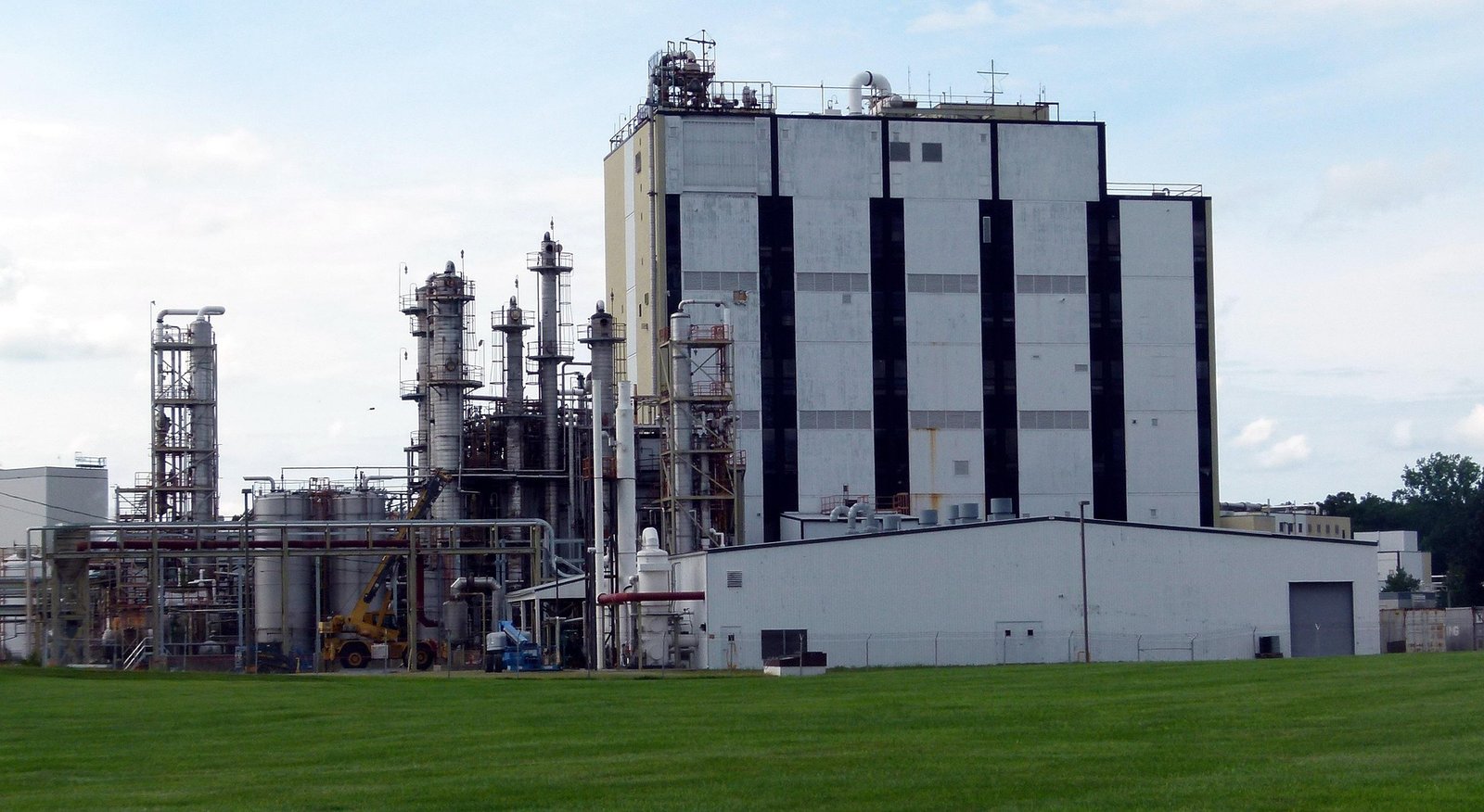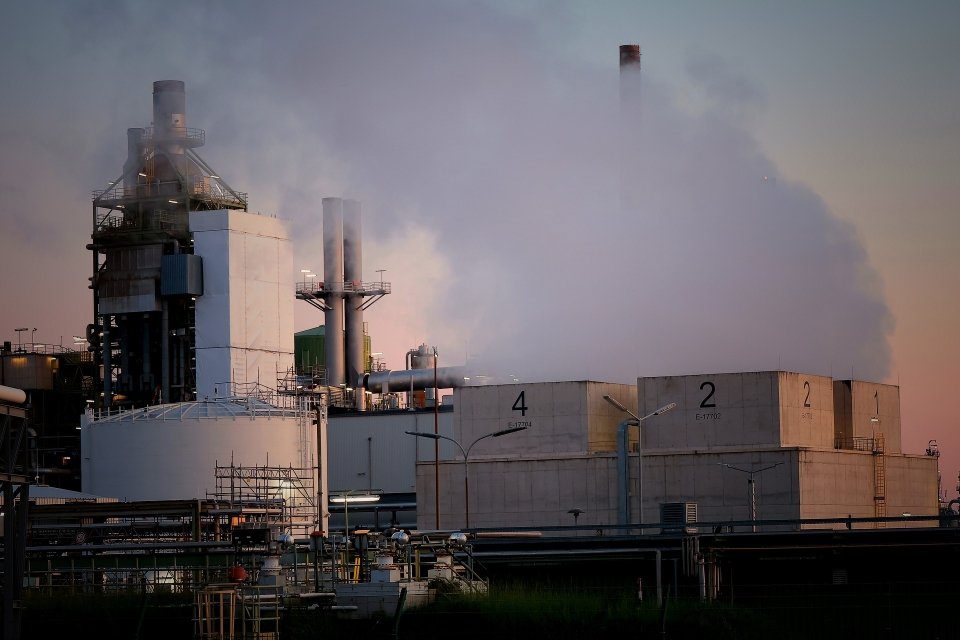Can FSSC 22000 Help Manufacturers Meet Both Food Safety and Sustainability Goals?
In today’s market, food manufacturers face two major pressures:
✅ Meeting strict food safety standards
✅ Demonstrating environmental sustainability
Balancing these priorities can feel overwhelming — but that’s where FSSC 22000 (Food Safety System Certification 22000) plays a powerful role.
Unlike traditional food safety systems, FSSC 22000 integrates risk management, process efficiency, and sustainability principles into one comprehensive framework.
Here’s how FSSC 22000 helps manufacturers achieve both safe food production and long-term environmental responsibility.

1. Integrates Food Safety with Environmental Management
-
FSSC 22000 is built on ISO 22000 and aligns closely with ISO 14001 (Environmental Management).
-
Enables manufacturers to manage food safety and environmental risks under one system.
-
Simplifies documentation, audits, and resource planning.
-
Reduces administrative burden and improves overall compliance efficiency.
2. Encourages Efficient Resource Use
-
Promotes waste reduction, energy efficiency, and water conservation.
-
HACCP-based controls minimize rework and product loss.
-
Leads to lower raw material consumption and less waste sent to landfill.
-
Reduces both food safety risks and environmental footprint simultaneously.
3. Supports Sustainable Sourcing and Supply Chain Integrity
-
FSSC 22000 emphasizes supplier evaluation and traceability.
-
Ensures that raw materials come from responsible and compliant sources.
-
Encourages suppliers to adopt ethical, safe, and eco-friendly practices.
-
Builds a transparent, sustainable food supply chain from farm to fork.
4. Reduces Food Waste Through Better Process Control
-
Strong process monitoring and hazard prevention reduce batch rejections.
-
Minimizes overproduction, spoilage, and recall-related waste.
-
Contributes to global food waste reduction goals while cutting operational costs.
-
Turns sustainability into a measurable, data-driven outcome.
5. Promotes Continuous Improvement and Lifecycle Thinking
-
FSSC 22000 requires ongoing performance evaluation and management review.
-
Encourages manufacturers to regularly assess:
-
Food safety risks
-
Environmental impact
-
Energy and resource efficiency
-
-
Creates a culture of continuous improvement across all departments.
6. Builds Global Buyer Confidence
-
Many global retailers and multinational buyers prefer FSSC 22000-certified suppliers.
-
Demonstrates both food safety reliability and sustainability alignment.
-
Strengthens brand reputation in competitive export markets.
-
Helps SMEs meet global expectations for ESG (Environmental, Social & Governance) compliance.
7. Enhances Employee Awareness and Engagement
-
Training under FSSC 22000 improves understanding of both safety and sustainability.
-
Employees learn to identify waste, prevent contamination, and optimize processes.
-
Builds a stronger safety culture that supports responsible production.
8. Prepares for Future Regulations and Market Demands
-
Governments and international buyers are integrating sustainability into food safety policies.
-
FSSC 22000 keeps companies ahead of evolving global standards.
-
Reduces risk of non-compliance penalties or export restrictions.
-
Future-proofs your brand against stricter environmental expectations.
9. Strengthens Corporate Reputation and Consumer Trust
-
Consumers increasingly favor brands that are both safe and sustainable.
-
FSSC 22000 certification acts as proof of responsible business practices.
-
Builds long-term trust with customers, retailers, and investors.
Final Thoughts
FSSC 22000 is more than a certification — it’s a strategic bridge between safety and sustainability.
By adopting this system, manufacturers can produce safer food, reduce waste, conserve resources, and build long-term brand credibility.
👉 At CAYS Scientific, we help food manufacturers and SMEs implement FSSC 22000 systems that meet both global food safety and sustainability goals effectively.



